
No people from China who are not Australian citizens or permanent residents have been able to enter Australia since February 1 — a ban since extended to all tourists, from anywhere.
So there’s no way tourists can come here anyway.
This naturally provokes two questions: Why then issue such a warning, at this time? And might it have a grievous impact further down the COVID track?
First, it’s part of an intensifying surge in combative statements against Australia and a great many other countries, made from Chinese government agencies and officials, including — initially, surprisingly — diplomats, who had previously largely followed the traditionalist model of Mao Zedong’s courtly premier and chief international adviser Zhou Enlai.
The accession of Xi Jinping as Communist Party General Secretary, then President, has seen that old diplomatic template rapidly discarded. In his first address as leader to the Politburo, he set the tone, warning his colleagues to prepare for “a long-term struggle between the two social systems” — socialism and capitalism as his party portrays them, or authoritarian and open systems as perceived by others.
Xi has since galvanised China’s international efforts, more than doubling the spending on diplomacy, promoting top diplomat Yang Jiechi to the Politburo, and upgrading the key global policy-forming body to a Central Foreign Affairs Commission, which he personally chairs.
Foreign Minister Wang Yi’s core message to his diplomats at their major celebration of the 70th anniversary of the People’s Republic of China last year was to pursue a “fighting spirit”.
This jibed with the slogan of the 2017 box-office smash Wolf Warrior 2, a Chinese Rambo-style film, was: “Whoever offends China will be punished, no matter how far they are.”

The re-purposed Foreign Ministry is thus no longer sidelined, as at first appeared the case as Xi launched his relentless pursuit of China’s “rejuvenation”.
It has become the launching pad for wolf-warrior diplomats, including the ambassador to Australia, Cheng Jingye, whose attacks — such as asking whether Chinese people might be put off drinking Australian wine and eating our beef if Canberra kept calling for an inquiry into the cause of COVID-19 — may irritate their hosts, but earn Key Performance Indicator points where they count, in Beijing.
Although Twitter and Facebook are banned in China, its diplomats have rapidly acquired accounts and followers in the past couple of years, using them as platforms for stoushes, for which they are cheered back home.
Thus Cheng is just part of a diplomatic spearhead that over the past few months has included Wu Ken, the ambassador to Germany who warned that fewer German cars might be bought in China if Huawei were excluded from building Germany’s 5G network, Lu Shaye, the ambassador to France who claimed the French were “leaving their residents to die of hunger and disease” during the pandemic, New Zealand being instructed to “stop making wrong statements” when it called for Taiwan to be allowed to join the World Health Assembly as an observer, and Dai Yuming, the acting ambassador to Israel, saying — and later withdrawing, after facing a storm — that COVID travel bans on Chinese citizens reminded him of “the old stories that happened in World War II, the Holocaust, the darkest days in human history.”
China’s Foreign Ministry cites a Mao slogan: “We will not attack unless we are attacked. But if we are attacked, we will certainly counter-attack.”
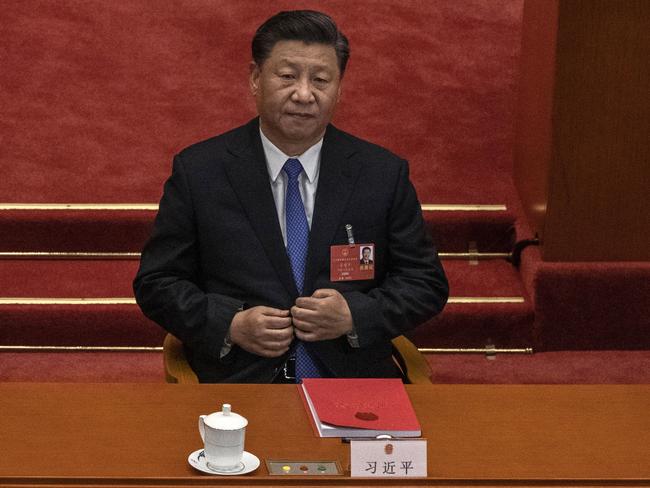
During a visit to Xi’an a few weeks ago, Xi said: “The great steps in our history were all taken after major disasters … The Chinese people deservedly take pride in this form of cultural self-confidence.”
Beijing applies tests, which are frequently augmented, to its international partners, as it seeks to take these great strides. Failure — such as excluding Huawei from the 5G rollout — leads to excoriation, and threats of economic sanctions. Success in obliging Beijing leads to the Holy Grail of a visit to the Great Hall of the People, and mooted business deals.
Weaponising the economy is China’s crucial global tactic. Post COVID-19, Beijing is doubling down on extending its influence — including through imposing its dramatic new security legislation on Hong Kong — in part out of concern that its sorely damaged economy may no longer be available as such an effective weapon.
Of course, we in Australia and our governments do need at the same time to continue to look to ourselves, to expunge racism and to ensure that Chinese migrants, students and tourists receive the warm welcome they merit.
As to the impact of the Tourism Ministry’s warning: Chinese tourists can secure Australian visas online, and no longer also need exit visas from China, and once here they can use our SmartGate access at airports.
Tourist groups are more readily “guided” by official Chinese direction, since they must book through licensed operators who may place their permits at stake if they are seen to defy their regulator by, for instance, persisting in promoting Australia as a great destination.
The impact of a successful Chinese tourist boycott of Australia would be considerable, not least since the economic benefits are so broadly spread around the country, including in remote regions. And Chinese travellers are great spenders.
But about 80 per cent of them, today, come as “free independent travellers” who will make up their own minds about the dangers cited by the Ministry. Many Chinese people, with scant if any access to information beyond official channels may be inclined to believe such warnings.
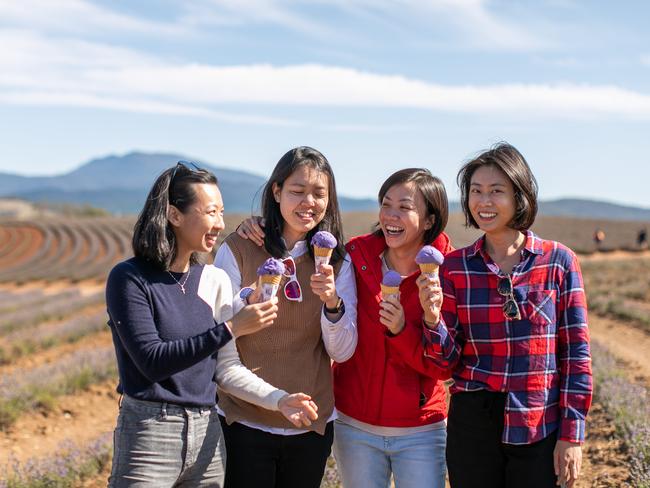
However, they have had a lifetime’s experience in gauging the value of incessant propaganda.
We can also view the impact elsewhere of official Chinese moves to withdraw tourism.
South Korea lost half its Chinese tourists in 2017 but has since regained them, without jettisoning its anti-missile deployment that triggered the ban, while Taiwan immediately made up from Southeast Asia its Chinese losses.
Chinese students’ parents may also thoughtfully consider the ministry’s warnings, before agreeing Australia as a destination.
But the countervailing evidence, including from those who have recently studied or travelled here, is powerful. And Australia’s response to COVID-19 — in comparison with Europe and North America — will surely act as a mighty magnet, once borders reopen, to tourists and students.
Rowan Callick, twice a China correspondent for The Australian, is an Industry Fellow at Griffith University’s Asia Institute.



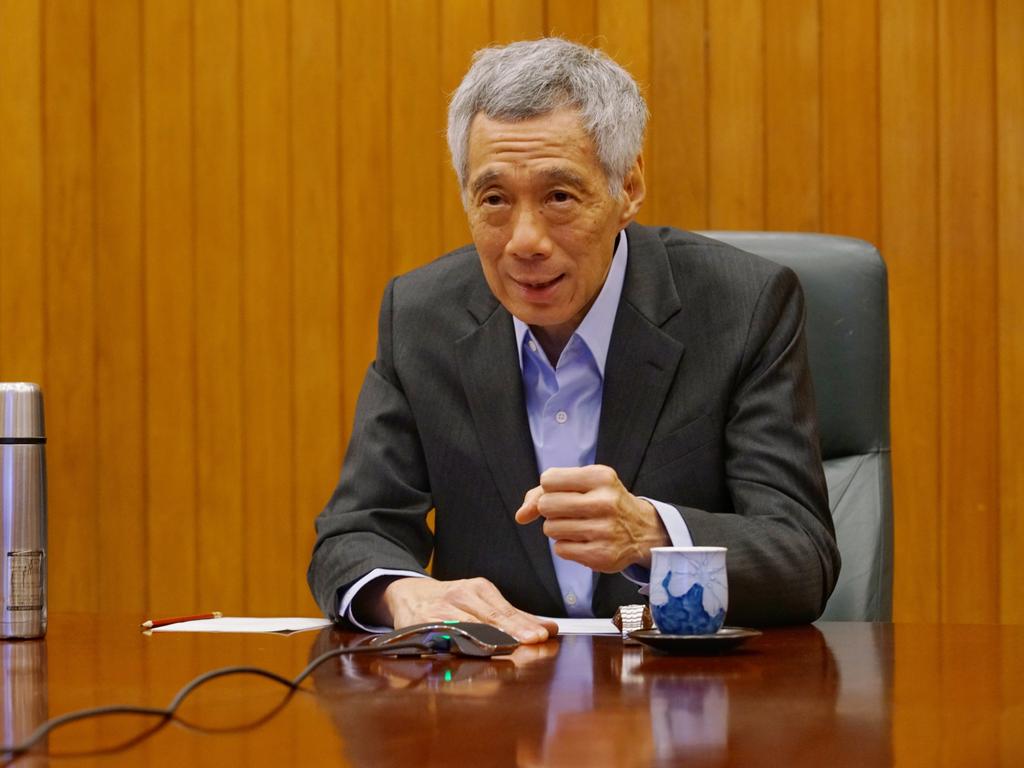
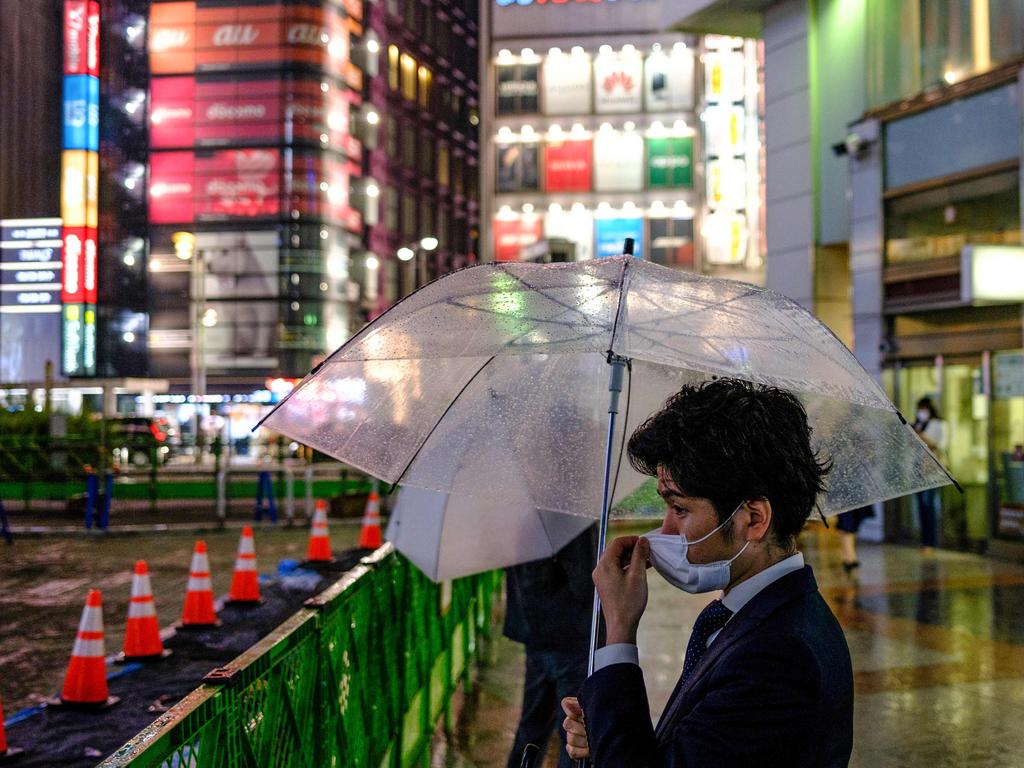
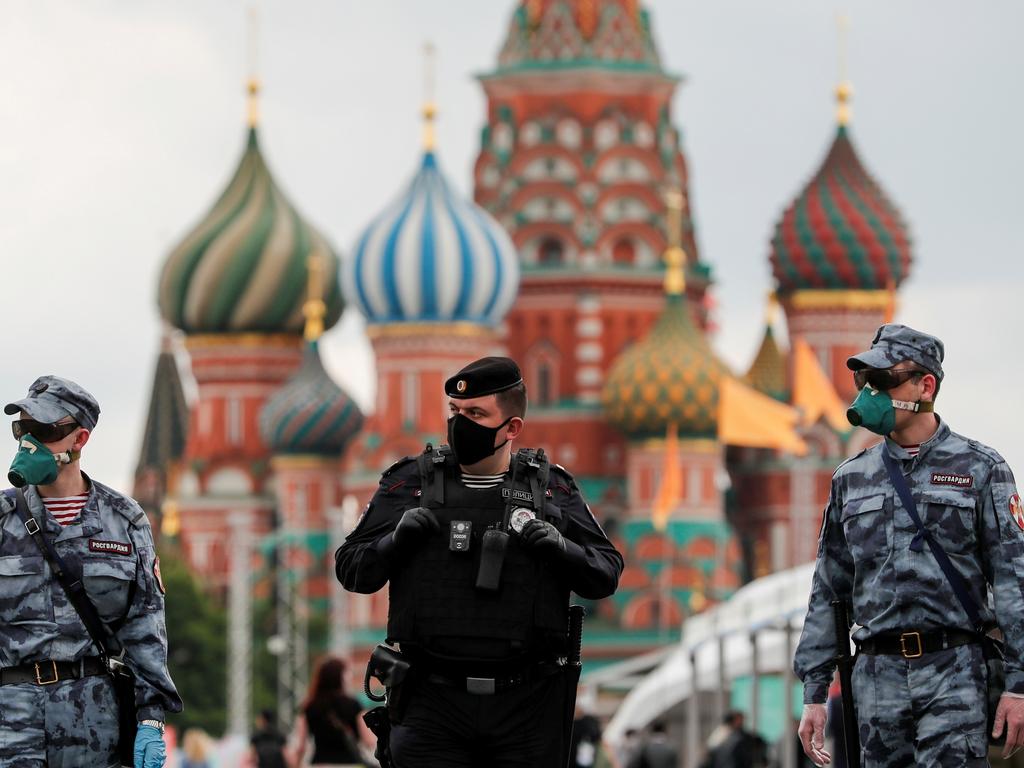


The warning from China’s Ministry of Culture and Tourism not to travel to Australia — due to an “alarming increase” in racial discrimination and violence against Chinese and other Asian people — will appear weird to many Australians.